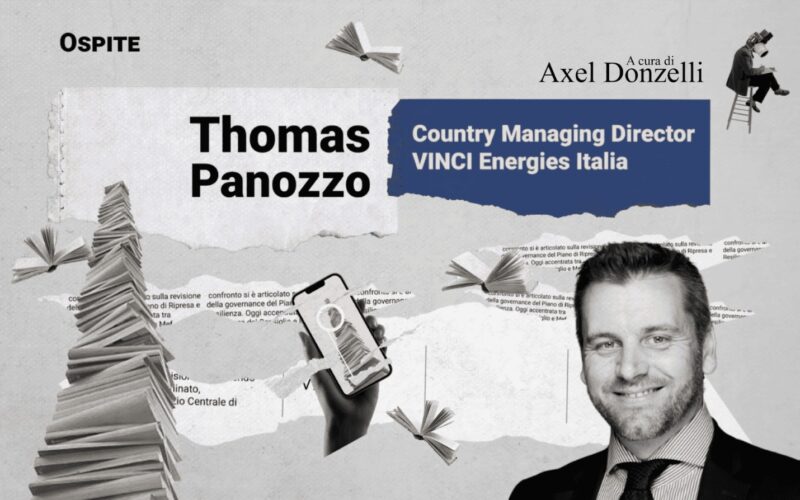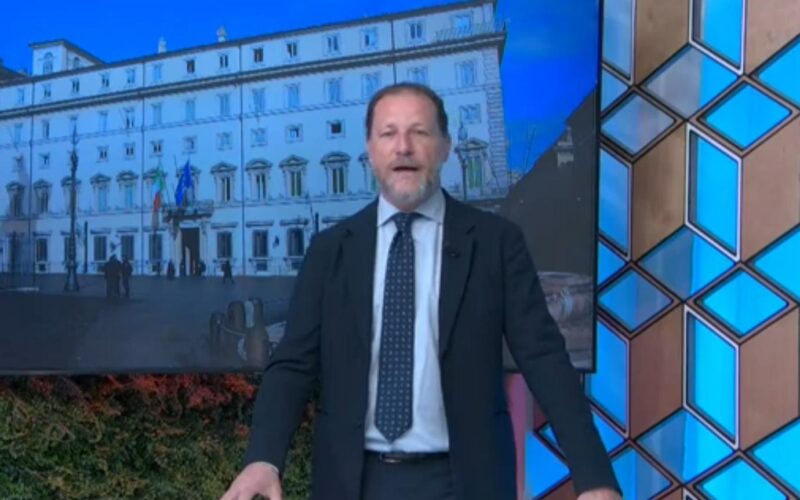Place Lux
The Commission sets the bar high on the 2040 Climate Target
Di Sara Bellucci
In a decisive move towards combating climate change, the European Commission has unveiled its recommendation for a Union-wide emissions target for the year 2040. The establishment of an intermediate target for 2040, mandated by the European Climate Law, aims to bring Europe closer to climate neutrality by 2050. The recommendation proposes a bold 90% net reduction in greenhouse gas (GHG) emissions by 2040 compared to 1990 levels, underlining the continent’s commitment to a sustainable, just, and prosperous society.
The Commission’s recommendation comes after a thorough impact assessment, which explored various pathways to achieve climate neutrality by 2050. Titled “Securing our future: Europe’s 2040 climate target and path to climate neutrality by 2050 building a sustainable, just and prosperous society,” the communication emphasizes the need for a predictable framework to guide businesses and investors, while also bolstering Europe’s resilience in the face of climate challenges.
The recommended target foresees a reduction of 90-95% compared to 1990 levels, deemed preferable due to its potential for faster deployment of innovative technologies, minimizing total GHG emissions, and providing a more predictable transition framework. However, it also presents challenges such as increased demand for raw materials and potential environmental trade-offs, particularly in land use and the role of biomass in the energy system.
Enabling conditions for achieving the 2040 climate target encompass a multifaceted approach:
- Implementing the 2030 policy framework: Member States are urged to take decisive actions in implementing agreed policies and legislation, with a focus on updating National Energy and Climate Plans (NECPs).
- An economy delivering for people: Investment and support policies must prioritize social and economic benefits, addressing poverty and inequalities. EU cohesion policies, including the Just Transition Fund, will play a vital role in supporting regions most affected by the transition.
- Decarbonization of the EU’s energy system: Accelerating the deployment of renewable and low-carbon energy solutions, along with enhancing energy efficiency and electrification, are central to decarbonizing the energy sector by 2040. Additionally, measures to phase out fossil fuels and promote carbon capture and storage are crucial.
- Industry decarbonization deal: Complementing the European Green Deal, a renewed focus on industry decarbonization and competitiveness is essential, leveraging Europe’s strengths in key sectors while ensuring fair trade practices and resilient supply chains.
- Decarbonizing transport and improving mobility: Implementing measures to reduce emissions in the transport sector, including multimodal solutions and investments in low-emission vehicles and infrastructure, is vital for achieving the 2040 target.
- Land, food, and bioeconomy: Agricultural and forestry practices must align with climate goals while supporting EU food sovereignty. The Common Agricultural Policy and sustainable bioeconomy strategies will play pivotal roles in this transition.
- Investing in our future: A concerted effort to attract private investment, enhance sustainable finance frameworks, and promote research and innovation in climate-friendly technologies is essential for achieving the 2040 target.
The Commission’s recommendations set the stage for a robust political debate throughout 2024, with stakeholders engaging in discussions to inform the legislative proposal amending the European Climate Law, which will present by the Commission after the European elections.








